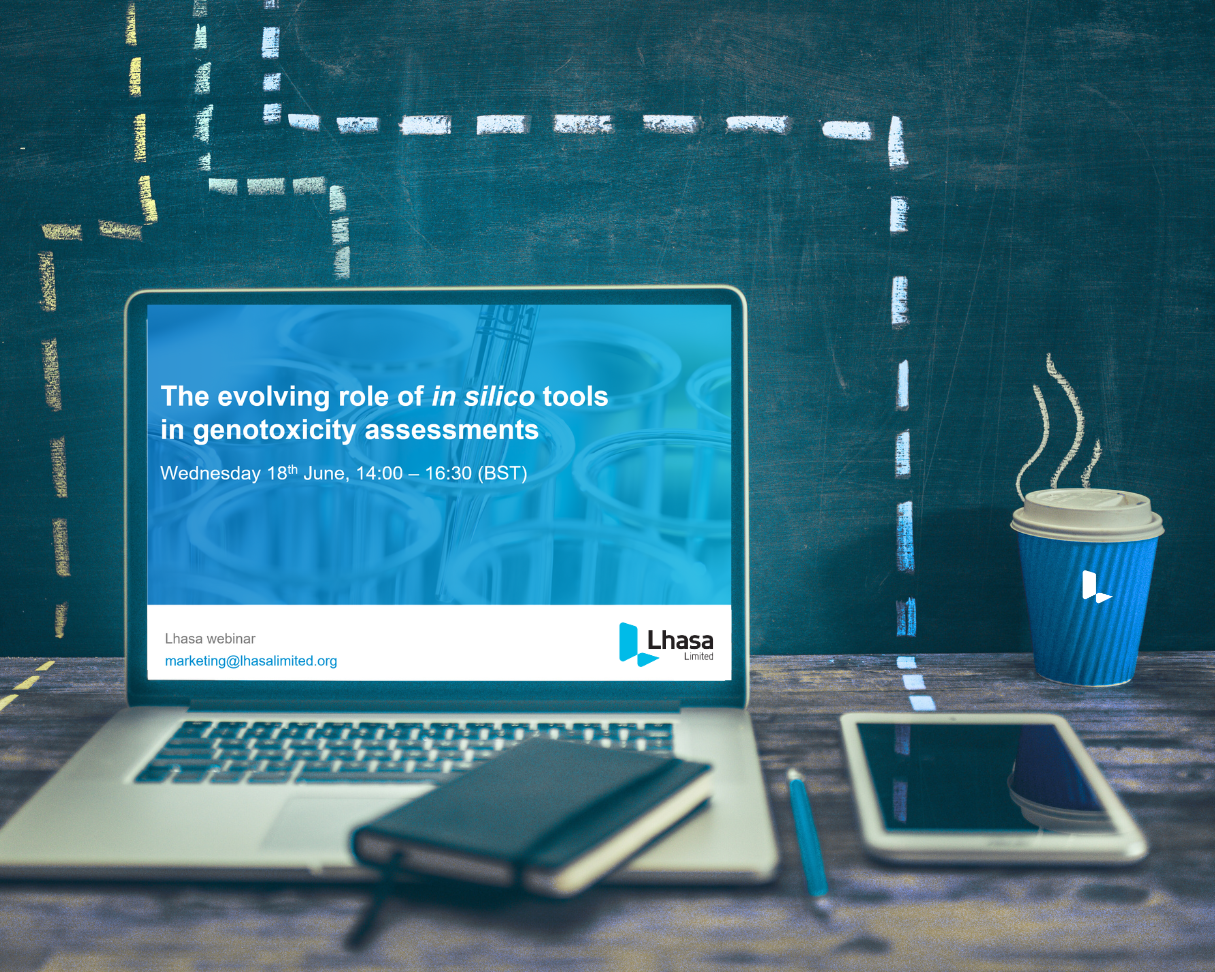We are delighted to announce that our paper ‘Using adverse outcome pathways to contextualise (Q)SAR predictions for reproductive toxicity – A case study with aromatase inhibition’ has been selected as the best paper published in Reproductive Toxicology in 2022.
The award winning-paper, authored by Lhasa Principal Scientist, Alun Myden, Senior Scientist, Emma White and Head of Toxicology, Adrian Fowkes, explores how adverse outcome pathways (AOPs) can support the development and application of (quantitative) structure-activity relationship ((Q)SAR) models for reproductive toxicology.
Alun to present at the 51st Annual European Teratology Society Conference
In September, Alun will be presenting this thought-leading paper at the 51st Annual meeting of the ETS conference, during the Elsevier Award Lecture. Taking place in Madrid, Spain, the ETS conference brings together like minded members of the scientific community to engage in key discussions about prevention of adverse effects on reproduction and development.
Read more details about the upcoming ETS conference and Alun’s presentation on our events page.
Advancing reproductive toxicology
Traditional developmental and reproductive toxicity (DART) safety assessments for new products are time-consuming and expensive, largely due to the reliance on animal testing. Developing alternative testing methods for DART is challenging but key to reducing animal testing and therefore streamlining the drug development process.
Using AOPs as an alternative approach to assessing reproductive toxicity, can aid risk assessors’ decision making, by organising knowledge and providing context of model outputs. This approach will help researchers to minimise reliance on animal testing and achieve faster results.
An innovative solution to support more accurate carcinogenicity assessments
Kaptis, our novel software solution, supports improved compound profiling in drug discovery. With the introduction of Kaptis, scientists now have the unprecedented capability to conduct carcinogenicity assessments through AOP networks, leveraging the extensive AOP knowledge developed by Lhasa.
Explore the publication
Read the full publication for a deeper diver into how reproductive toxicity safety assessments are advancing through alternative approaches.
If you’re interested in harnessing Kaptis for more confident human safety assessments, please get in touch.
In the meantime, for more insight into AOPs, view our safety profiling solution page.
Last Updated on February 7, 2025 by lhasalimited



